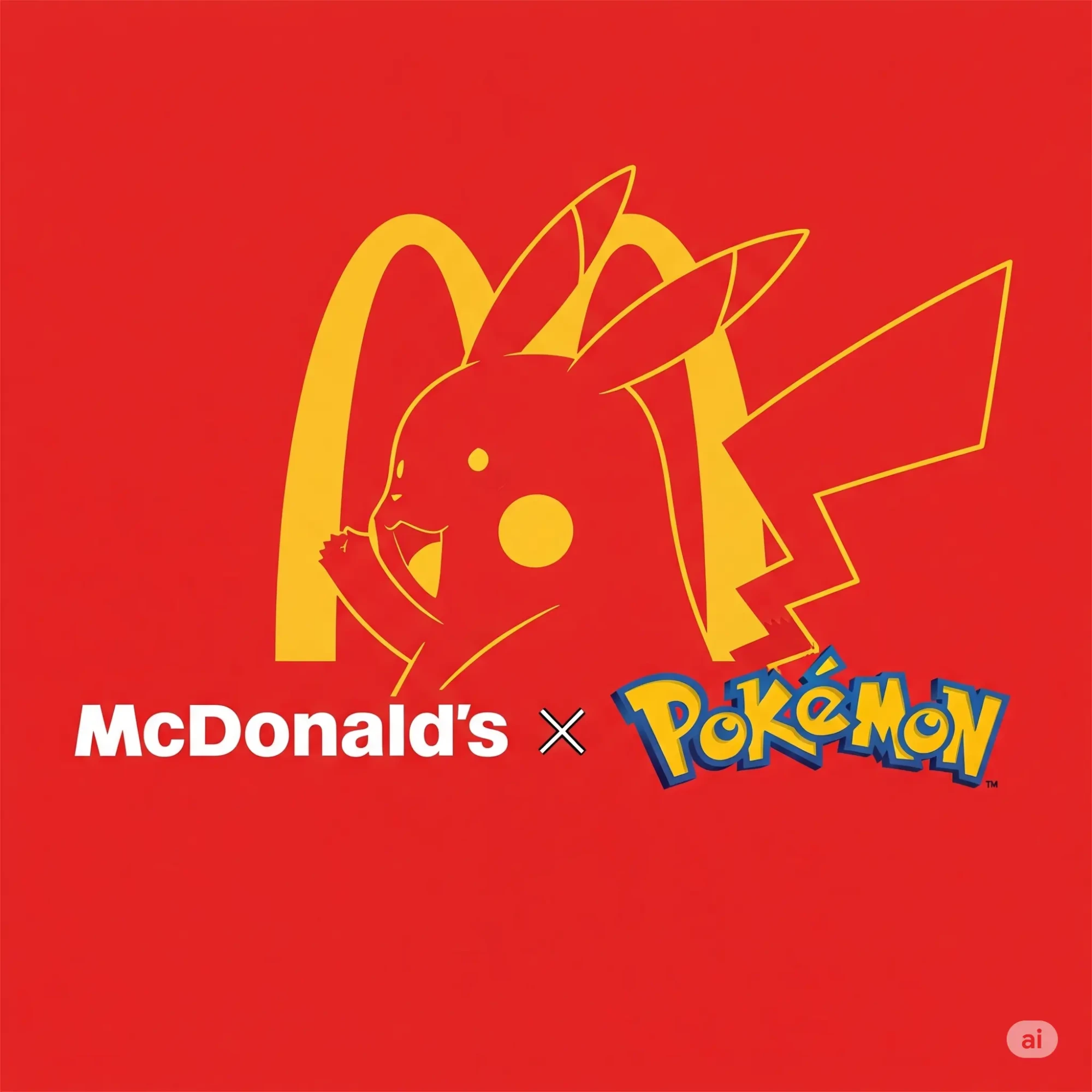McDonald’s x Pokémon in Japan: The Inside Story of a Viral Marketing with a Bitter Taste
Behind the commercial success of the McDonald’s x Pokémon collaboration in Japan lies a food waste scandal that questions the ethics of modern marketing.
Behind the commercial success of the McDonald’s x Pokémon collaboration in Japan lies a food waste scandal that raises questions about modern marketing ethics. This case shows how a campaign designed to thrill collectors can unexpectedly backfire.
The Phenomenon: When Collectibles Drive Traffic
The collaboration offered rare collectible Pokémon cards with select meals, creating a frenzy among fans and collectors. Restaurants were overwhelmed with customers eager to get their hands on the limited-edition cards. For a brief period, this seemed like a textbook example of successful marketing.
However, the marketing of scarcity came with unintended consequences. Originally designed for families to enjoy a fun dining experience, the campaign was quickly exploited by resellers who purchased meals solely to extract and resell the cards online.
Marketing of Scarcity and Its Deviations
Scarcity is a well-known marketing tool: limiting supply creates desire and urgency. In this campaign, the scarcity of Pokémon cards was a huge driver of traffic and short-term sales, but the strategy failed to anticipate human behavior when collectible value outweighs the product itself.
Social media exploded with shocking images of abandoned burgers and fries, untouched and discarded on the streets after the cards were extracted. The ecological and ethical backlash was immediate.


Brand Response and Lessons Learned
In response to growing criticism, McDonald’s Japan stopped the campaign earlier than planned and issued a public apology:
“We are deeply sorry for the inconvenience caused and sincerely regret the food waste incidents. The promotion is discontinued with immediate effect.”
This case underscores the fine line between innovative marketing and ethical responsibility. Brands can achieve viral success, but if campaigns encourage waste or unethical behavior, reputational damage is almost guaranteed.
Environmental and Ethical Implications
The controversy sparked broader conversations about food waste and corporate responsibility. According to UN Environment Programme, global food waste has significant ecological impacts, contributing to greenhouse gas emissions and resource depletion. Marketing campaigns that inadvertently encourage waste are increasingly scrutinized.
For McDonald’s, this incident highlights the need for aligning promotional strategies with sustainability goals. Future campaigns must balance excitement for collectors with responsible consumption, ensuring that ethical considerations are as prominent as the drive for profit.
Conclusion
The McDonald’s x Pokémon collaboration in Japan will remain a case study in marketing classes worldwide. It shows the double-edged sword of scarcity-based promotions: while they can create viral buzz and short-term revenue, they can also generate social backlash, ethical dilemmas, and environmental harm.
Brands must now consider long-term reputational and ecological consequences in every campaign, making sure that viral marketing does not come at the expense of societal values.
Further reading: Marketing Week: Lessons from McDonald’s Pokémon Japan






